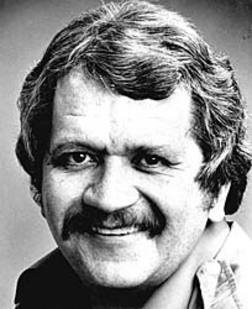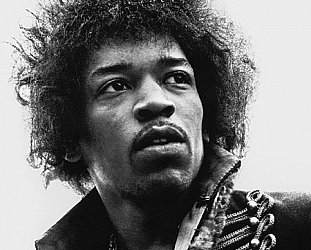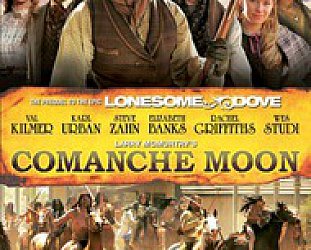Graham Reid | | 1 min read

Aside from songs about dance crazes, the most immediately redundant songs in popular music are those which attach themselves to a political cause. Times change quickly and today's patriotic or revolutionary song can just sound plain quaint if not simplistic within a year or two.
And because political songs can't deal in nuance or contradiction, they tend to be little more than slogans . . . as when John Lennon delivered Give Peace a Chance with great success but to lesser effect on Power to the People. (Like, which people?)
This one is really out of the vaults -- hence the surface noise -- so a little history (without dealing in nuance or contradiction) for those who have never heard of a county called Rhodesia.
Back in '65, Ian Smith the prime minister of Rhodesia (above South Africa) lead the minority white party and declared his country independent of Britain. The UN immediately ordered trade sanctions (it was clear Smith's government was not going to entertain majority black rule in a country they felt whites had civilised and developed) and the country became an international pariah in some circles, but also the last bastion of white dominance in others. Confusingly for many on the outside, a significant number of black Rhodesians fought for their country.
And so began the so-called Bush War. Robert Mugabe -- and you can guess where this is going -- headed a kind of de facto military/government-in-waiting in exile in Mozambique and pleaded for international aid, as did Joshua Nkomo who was living in Zambia.
As Rhodesia lost important support from South Africa (undergoing its own apartheid struggles) the end of the Smith regime was inevitable and although things dragged on for the whole of the Seventies eventually the Republic of Zimbabwe was declared in 1980, and Mugabe became the the new country's first prime minister promising reconciliation with whites. (Yeah right, as we now know.)
It was in the middle of the Bush War era that Clem Tholet, a well known Rhodesian folk singer -- who had a line in patriotic songs -- delivered this banner waving, proudly chin-up piece over martial drums. Which now sounds kind of quaint, and not dissimilar in style and sentiment to US patriotic songs like The Ballad of the Green Berets etc in the Vietnam era.
Incidentally, Tholet -- who died in 2004 -- was married to Ian Smith's daughter Jean. There must have been some interesting conversations at family dinners.
For more oddities, one-offs or songs with an interesting backstory use the RSS feed for daily updates, and check the massive back-catalogue at From the Vaults.





post a comment